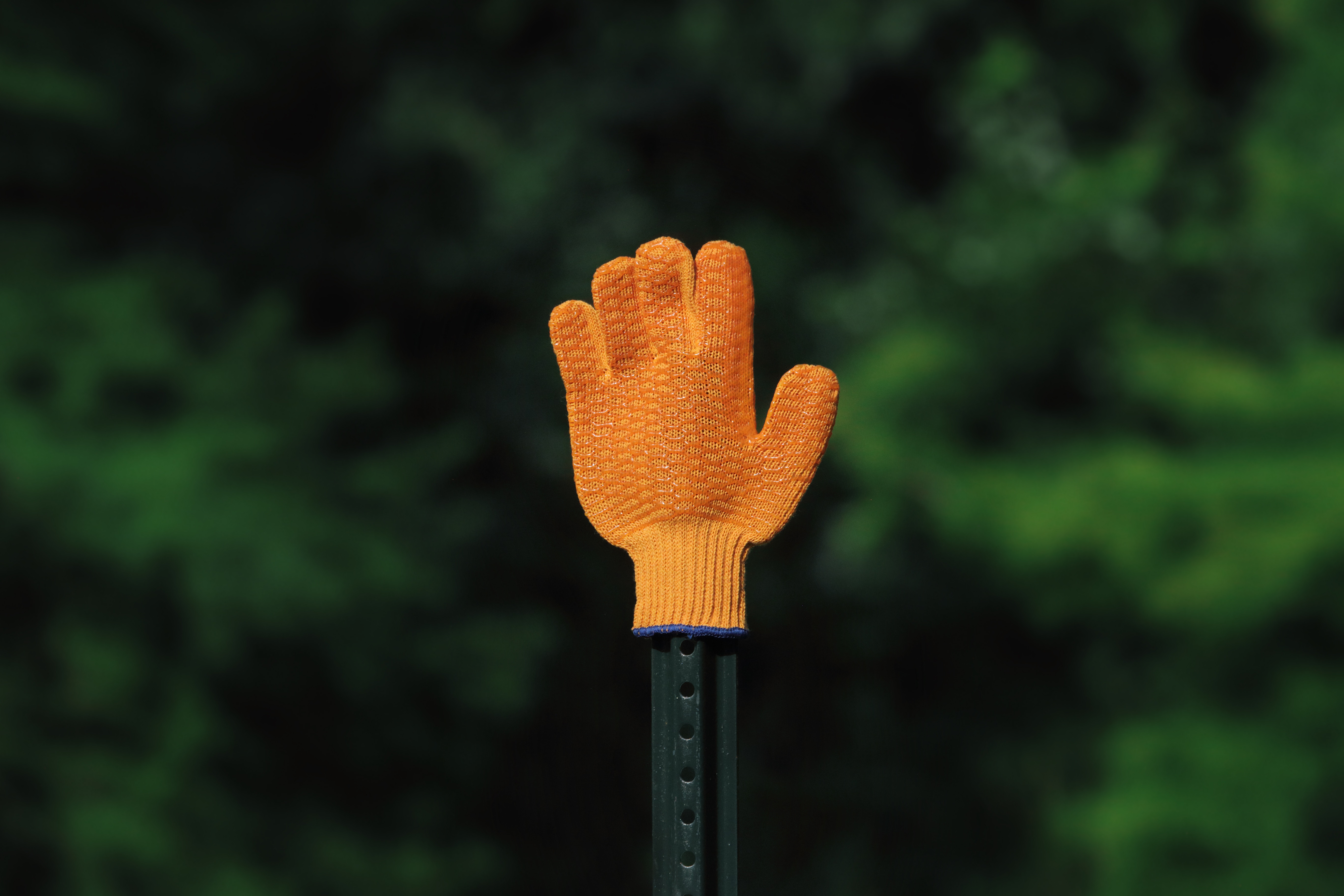Photo by Gary Bendig on Unsplash
By Lisa Cirincione, Senior Resource Development Associate at Joining Vision and Action
I’ve been a professional grantwriter for 15 years. Over those years, I’ve written proposals for nearly every type of human service program. The high that I feel after winning funding for a program I believe in wholeheartedly is one of the best feelings in the world.
Daydreams about all of the good work the program will do because of my hard work are like a supercharge to the ego. I’m sure that all grantwriters can relate to that feeling. But what about when you get the notice that your beloved program was not funded? I won’t sugarcoat it. Those are hard days. It’s easy to slip into nightmares about what you must have done wrong, because why else wouldn’t the funder love the program as much as you do?
While I’m all for doing some critical self-analysis—you will become a better grantwriter by doing a deep dive to understand why your proposal didn’t land in the win column—sometimes there is absolutely nothing that you could have done any better.
That’s where we grantwriters need to set aside our ego and trust that the programs that did get funded were just a better fit with that particular grantmaker. They are just following their own path to fund the work their board cares most about. Recognizing that simple fact can help you weather the inevitable lows of being a grantwriter.
So remember this the next time you learn about the outcome of your next proposal. If you win, great, but know that you as the grantwriter don’t deserve all of the credit for that win—the organization’s reputation, relationship with the grantmaker, quality of the staff and program itself also get to share in that credit. And when your grants don’t win, all of those things also get some of the blame, as do the personal preferences of the grantmaker.
Read more of Lisa’s blogs here.







Leave A Comment